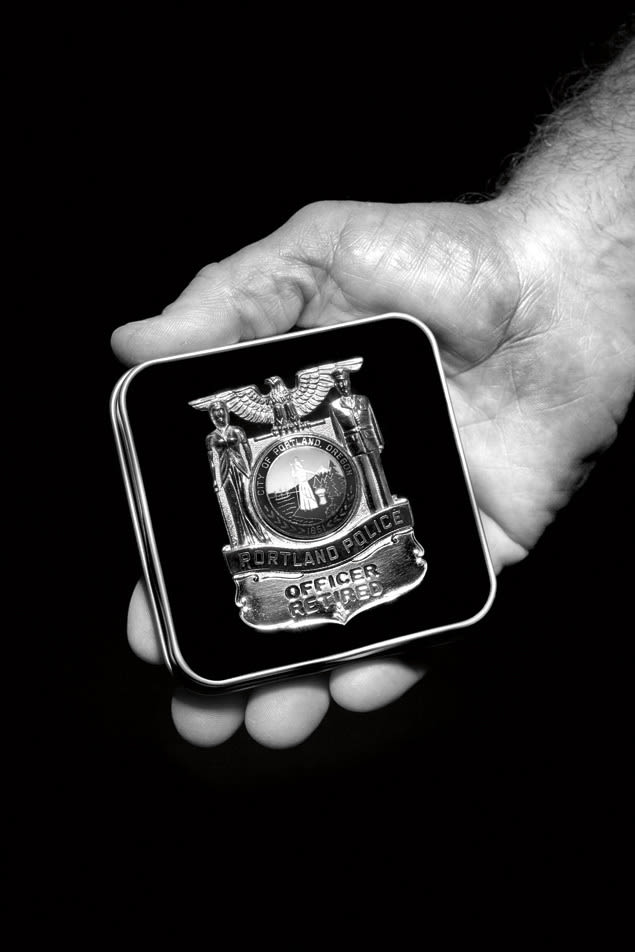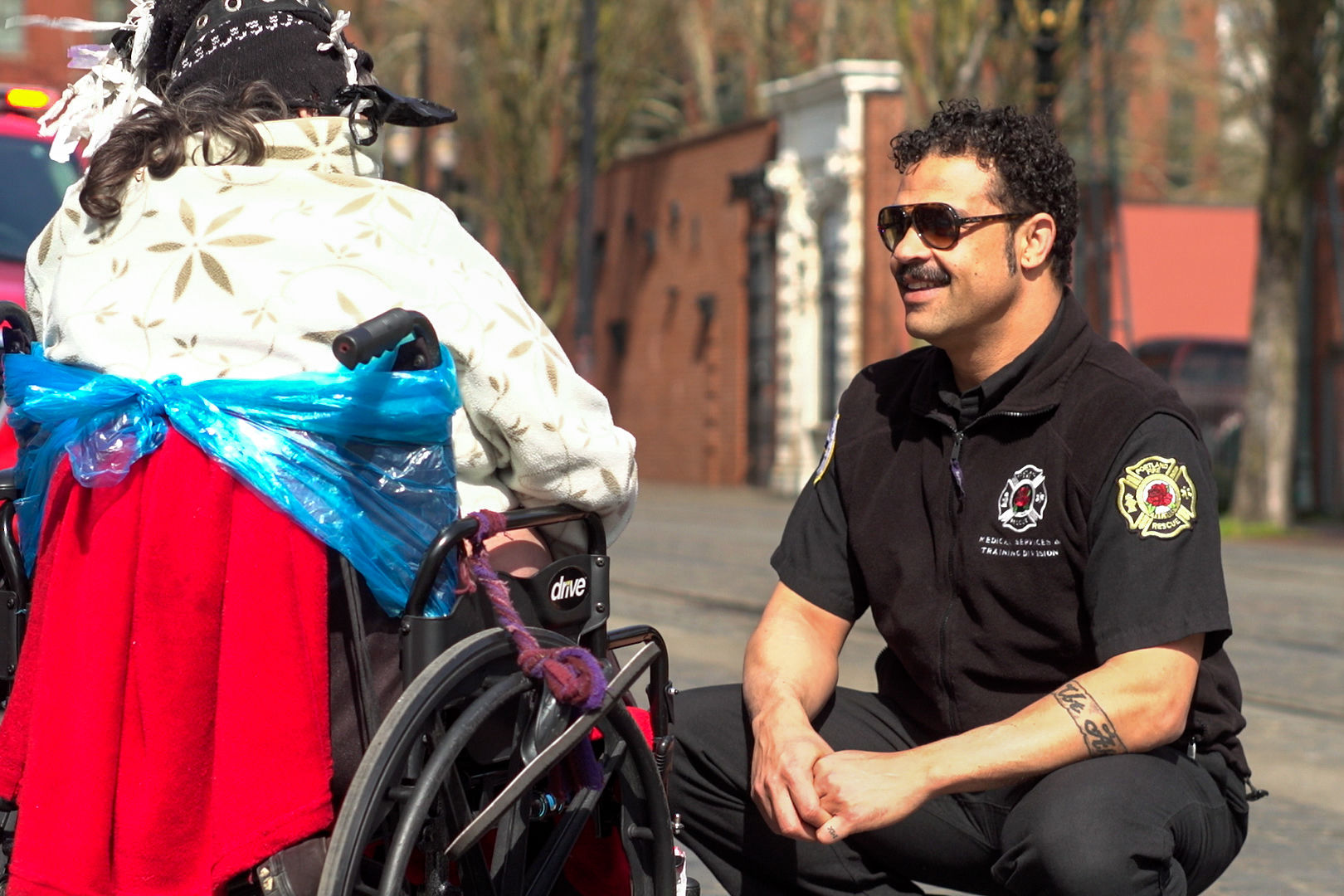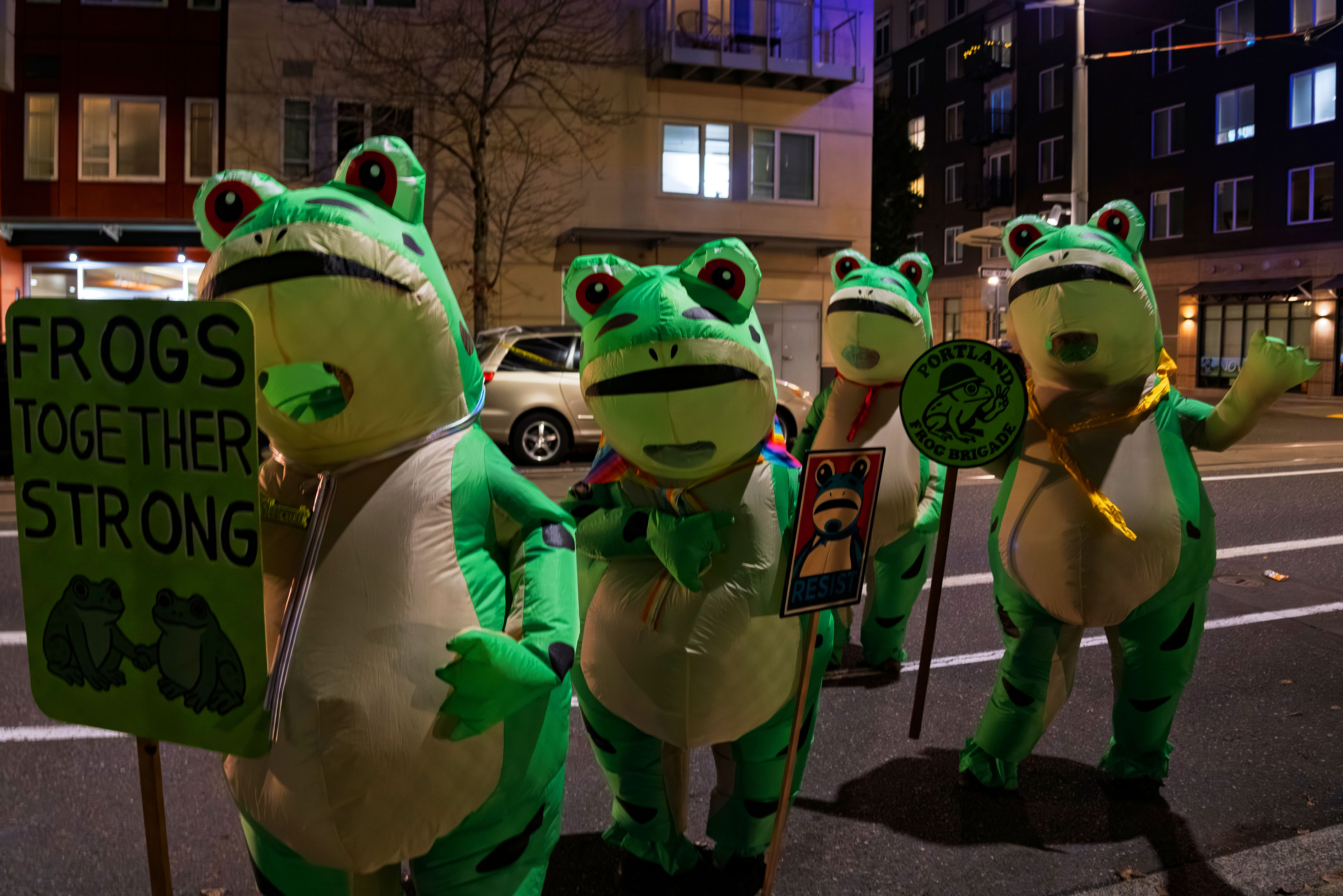Traffic Stops Are About to Change in Portland

Image: William Anthony
The ground underneath Portland’s fraught, tense relationship with its police force just keeps on shifting.
Tuesday’s formal announcement that Portland would follow the lead of Berkeley and Oakland by pulling back on non-safety related traffic stops (think the broken tail-lights and expired plates, encounters that occur more regularly and escalate more quickly with drivers of color, per the department’s own data), was the rare move that drew praise from the city’s more progressive quarters.
“It’s no secret I’ve had disagreements with Mayor Wheeler and Chief Lovell as to how we as a city respond to this unique moment in history demanding racial justice and transformation of community safety,” said city Commissioner Jo Ann Hardesty in a statement. “However, when the Mayor and PPB make good decisions, they will have my full support, and this is one of those occasions. Thank you, Mayor Wheeler and Chief Lovell, for this significant change that will advance the cause of racial justice in policing.”
Still unknown: How the rank-and-file of the police force might react to this latest shift, which comes after all 50 members of the city’s Rapid Response team, in charge of crowd control at protests and demonstrations, left that assignment en masse after one of their own was indicted for alleged violence against a photographer during a protest. (They will all remain employed as police officers). But an excerpt of an interview that the head of the Portland Police Union has given for a national NBC News broadcast suggests that we’ll be hearing a lot about low morale and mass resignations in the days to come:
Coming up on @NBCNightlyNews: @GabeGutierrez reports from Portland, Oregon, as many police departments across the U.S. say morale is at an all-time low
— NBC Nightly News with Lester Holt (@NBCNightlyNews) June 21, 2021
Tune in at 6:30 pm ET / 5:30 pm CT (check local listings) for the full report as part of our series the Future of the Force. pic.twitter.com/cFXGq8UpuM
It’s just the latest in a series of head-spinning back-and-forths this year, including a push-pull over expanding the budget of the Portland Street Response pilot program, which sends trauma-informed mental health caseworkers to respond to 911 calls when no one is armed, a rapid rise in gun violence, particularly in North and East Portland, a police killing of a houseless man in an outer Southeast Portland park, and continued sporadic protests that result in property damage, often provoking severe police response. Underlying it all is the continued tension over police brutality and reform in the wake of last summer’s sustained protests following George Floyd’s murder in Minnesota.
Tuesday’s announcement, which was first reported by the Oregonian, was cast as a concrete step, meant to thread the needle between addressing racial justice in policing and reducing officer duties as the force gets smaller.
At a press conference to expand on the new rules for traffic stops, which also require the police to inform those who are pulled over that they have the right to refuse to allow their car to be searched, Portland Mayor Ted Wheeler sounded guardedly optimistic about the potential for the chance to free up traffic duty officers to focus on safety hazards, though he acknowledged the change could garner some internal pushback.
“There will be resistance from some to increased community input and enhanced community measures, but that’s where we are headed,” Wheeler said. “I’m in a fight for them to have adequate staffing, training, resources—the things they need to do their jobs effectively. But things are going to be different in the future with regard to policing here in Portland and all across the nation. Because what the public is saying loudly and clearly, across the political spectrum, is that they want to be able to trust their police bureaus. That means more transparency. That means more accountability.”
Next up, just maybe? Eight months after Portland city voters overwhelmingly approved the creation of a new police oversight board, which will be able to investigate use of force incidents and mete out disciplinary actions to officers, the group in charge of figuring out the logistics of how the new board will work has yet to be formed, or even officially announced. But a bill now awaiting Gov. Kate Brown’s signature has goosed that effort by expressly stating that such an oversight board won’t violate collective bargaining laws, setting up potential movement on the oversight board in the coming weeks.




